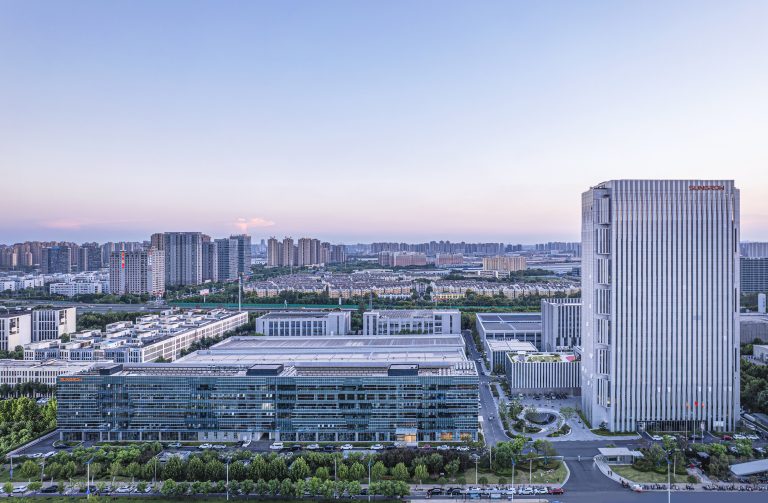As the global energy landscape evolves amid a growing climate crisis, brands focused on Environmental, Social, and Governance (ESG) principles are becoming increasingly pivotal in fostering a sustainable future. A recent report from Thomson Reuters highlights that 53% of 600 middle-market CFOs have either integrated or are in the process of integrating sustainability principles into their core business strategies. Authentic sustainability disclosure is essential for the long-term development of corporations, with recent assessments from Morgan Stanley Capital International (MSCI) spotlighting companies like Sungrow, which has achieved an impressive ‘AA’ ESG rating for its steadfast commitment to sustainability.
Sungrow, a renowned renewable energy brand, has reached several notable milestones on the global stage, including securing a substantial 7.8GWh grid-side energy storage order in Saudi Arabia and a significant 3GWh independent energy storage order in Australia. The company’s dedication to technological innovation positions it at the forefront of the renewable energy revolution, with its ESG achievements reflecting a commitment to sustainable growth and climate action.
The MSCI ESG assessment carries substantial weight among global investors, providing a thorough evaluation of ESG practices for over 8,500 publicly listed companies worldwide. Sungrow’s sustainable development practices have garnered recognition from various international organisations, including S&P Global and Boston Consulting Group (BCG), in recent years.
The MSCI analysis indicates that Sungrow is strongly aligned with four Sustainable Development Goals (SDGs): affordable and clean energy; industry, innovation, and infrastructure; responsible consumption and production; and climate action. Notably, the company’s Implied Temperature Rise is projected to be between 1.5 and 2.0°C, indicating alignment with the Paris Agreement’s long-term goal of limiting global temperature increases to below 2°C compared to pre-industrial levels.
In its sustainability report released at the end of 2023, Sungrow announced a renewable energy usage rate of 55%, a significant increase. The company also reported a 6.75% decrease in energy consumption per unit of product production compared to 2020, showcasing notable progress in its sustainability efforts. Through a combination of technological and managerial energy-saving strategies, Sungrow saved over 1,300MWh of electricity throughout the year, and as of September 30, 2023, it ranked at the top of the MSCI China A Onshore IMI Efficient Energy Index.
Embracing its “Green Mission, Better Life” philosophy, Sungrow continues to bridge the gap between clean energy and an improved quality of life. The company has established a sustainable development blueprint focusing on its core sectors of expertise.
Sungrow has articulated five strategic sustainability objectives: Excellent Governance, Towards Net Zero, Eco-friendly Development, Mutually Beneficial Collaboration, and Diversity and Inclusion. The company began benchmarking against seventeen SDGs in 2019, refining its focus from twelve to ten SDGs, reflecting a clear strategic direction.
Earlier this year, Sungrow unveiled its ambitious ESG objectives leading up to 2048, including a pledge to achieve operational carbon neutrality by 2028 and net-zero status across its supply chain by 2048. Notably, 96.79% of its suppliers signed the Supplier Code of Conduct in 2023.
Recent extreme weather events, such as hurricanes in America and flooding in central and eastern Europe, highlight the urgent need for climate action. The upcoming COP29 in November, themed ‘In Solidarity for a Green World,’ will address these issues. Companies like Sungrow, prioritising ESG principles, are making significant strides in combating climate change and facilitating a just energy transition globally.


